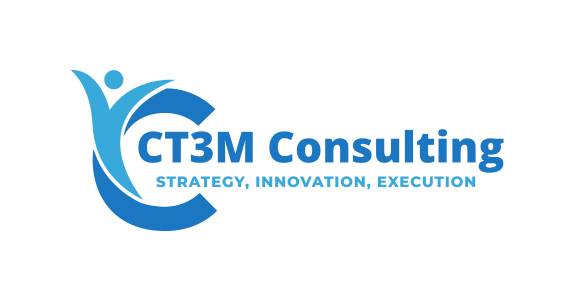

Let’s Start A Conversation
303.593.2070

A working capital loan is taken to finance a company’s everyday operations. These loans are used to provide the capital that covers a company’s short-term operational needs. This can include expenses such as payroll, rent, and debt payments. In this way, working capital loans are simply corporate debt borrowings that are used by a company to finance its daily operations.
Sometimes a company does not have adequate cash on hand or asset liquidity to cover day-to-day operational expenses and, thus, will secure a loan for this purpose. Companies with high seasonality or cyclical sales may rely on working capital loans to help with periods of reduced business activity.
Also, a company may not have stable or predictable revenue throughout the year. Manufacturing companies, for example, may have cyclical sales that correspond with the needs of retailers. Most retailers sell more products during the fourth quarter—that is, during the holiday season—than at any other time of the year.
The immediate benefit of a working capital loan is that it’s relatively easy to obtain and lets business owners efficiently cover any gaps in capital expenditures. The other noticeable benefit is that it is a form of debt financing and does not require an equity transaction, meaning that a business owner maintains full control of their company, even if the financing need is dire.
Some working capital loans are unsecured. If this is the case, a company is not required to put down any collateral to secure the loan. However, only companies or business owners with a high credit rating are eligible for an unsecured loan. Businesses with little to no credit must securitize the loan.
A collateralized working capital loan that needs asset collateral can be a drawback to the loan process. However, there are other potential drawbacks to this type of working capital loan. Interest rates are high to compensate the lending institution for the risk. Furthermore, working capital loans are often tied to a business owner’s personal credit, and any missed payments or defaults may hurt their credit score.
